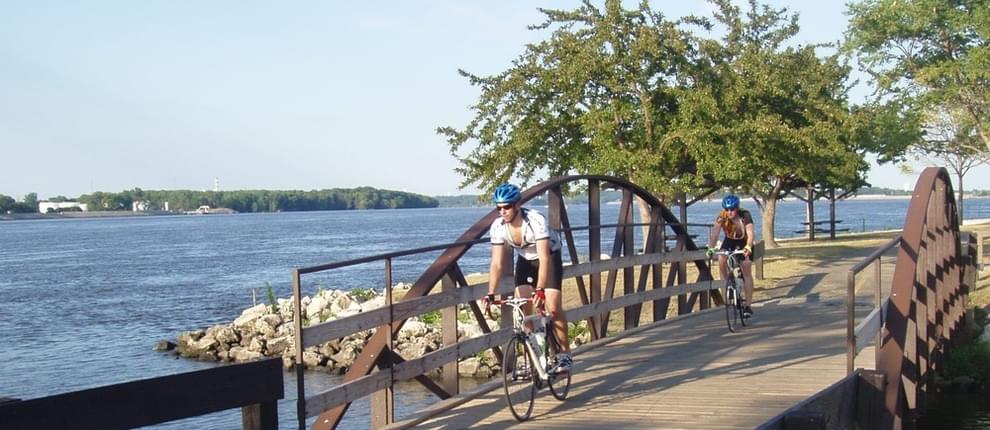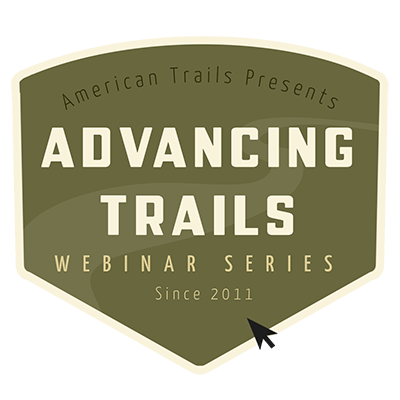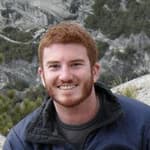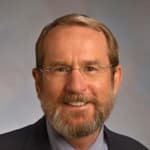




Subscribe to our mailing list for notifications on our latest trainings.

Learn from industry experts, advocates, and practitioners about how to collect and apply trail count data, and how to leverage that data in order to achieve meaningful, tangible changes in your community.
Presented by:
** This event has passed **
October 22, 2020
10:00 AM to 11:30 AM (Pacific Time) {more time zones}
Cost (RECORDING):
FREE for membersNote:
Closed Captioning is available for this webinar.
Learning Credits are available for this webinar.
This webinar is free. Would you consider a donation to support this webinar?
Trail count data is an essential tool to capture usage trends, justify spending and communicate with local stakeholders. For many organizations, understanding when trails are used, and how that growth is developing over time, is essential for justifying the existence of trials. But what are the best practices for collecting trail count data? Where should counters be placed, or when should counting occur? How can trail count data be communicated with local leaders, peer organizations and the public?
During this data session, learn from industry experts, advocates, and practitioners about how to collect and apply trail count data, and how to leverage that data in order to achieve meaningful, tangible changes in your community.

This webinar qualifies as a Health, Safety, and Welfare (HSW) course (via LA CES).
Matt Ainsley, Market Strategist, Eco-Counter, Inc.
Montreal, Quebec, Canada

Matt Ainsley is the Market Strategist for Eco-Counter in Montreal. Matt’s role in Eco-Counter revolves around ensuring organizations have the best tools necessary to collect and communicate robust, accurate, and powerful bike and pedestrian count data. Outside of work you can usually find Matt mountain biking, ski touring, or hiking in Quebec’s Laurentian mountains.
Torsha Bhattacharya, Director of Research, Rails to Trails Conservancy
Washington, DC

Torsha joined the Rails to Trails Conservancy team in 2017 and is responsible for the organization’s data collection and analysis efforts as the Director of Research. In her current role she oversees the national effort to quantify the numerous benefits of trails to communities- including economic, environmental, equity and health impacts of trails. She was an assistant professor of transportation management at the University of Hawaii at Manoa prior to joining RTC. Her research interests include active transportation infrastructure planning, transportation accessibility, healthy cities/resilient communities planning, sustainability, and equity in transportation planning.
Colin Leslie, Human Dimensions Coordinator, City of Boulder Open Space & Mountain Parks

Colin Leslie has been working for the City of Boulder OSMP department as a Human Dimensions Coordinator since 2016. Prior to joining OSMP he worked for the US Geological Survey Social and Economic Analysis branch, focusing on stakeholder conservation value research for waterfowl and wetlands, and documenting public and private industry applications for Landsat satellite imagery. He also spent a number of years with the National Park Service, specializing in social science and visitor use related research. He holds a Master of Science in Human Dimensions of Natural Resource from Colorado State University and a Bachelor of Arts in Geography from Humboldt State University. His interests include exploring geographic dimensions of human-natural resource interactions, data analysis and visualization, and designing tools to help public land managers more effectively and efficiently make management and policy decisions.
Matthew Kellogg, Executive Director, Appalachian Mountain Bike Club

As a past club President and former Board member, Matthew Kellogg was named as the Club’s first Executive Director to serve the organization. Kellogg has firsthand knowledge and relationships that will help propel the club through the next phases. Kellogg was at the helm in 2015 when community support made Knoxville the winner of Bell Helmets 2015 $100k trail grant. A grant that funded the building of the “Devils Racetrack” an iconic trail at Baker Creek Preserve in Knoxville’s Urban Wilderness. Kellogg holds a Bachelor of Architecture from The University of Tennessee Knoxville and honed his project management and leadership skills restoring and revitalizing some of Knoxville’s historic downtown structures.
Eugene C. Fitzhugh, PhD, Associate Professor, The University of Tennessee, Knoxville Department of Kinesiology, Recreation, and Sport Studies

Fitzhugh’s primary area of research revolves around the dose-response relationship of physical activity to chronic diseases across the lifespan. He largely conducts secondary data analysis on datasets from the National Health and Nutrition Examination Survey. His work has contributed to publications focusing on hypertension, obesity, diabetes, major depressive disorder, and the metabolic syndrome. A secondary research focus is in area of how the built environment can promote or hinder physical activity. Learn more here.
We are offering closed captioning for our webinars, thanks to a partnership with VZP Digital. If you are in need of this service, please email us prior to the webinar. An unedited transcript will be sent to all attendees following the webinar.
American Trails is proud to be a certified provider of the following learning credits and continuing education opportunities:
Learning credits are free for attendees for American Trails webinars and the International Trails Symposium, as well as for other conferences, webinars, and workshops we offer credits for. Learn more here.
While we may individually agree (or disagree) in whole or in part with any or all of the participants, the views expressed in these webinars are not necessarily representative of the views of American Trails as an organization or its board and staff. Unless specific situations are noted by presenters, nothing in American Trails webinars should be considered to be interpreted as a standard.
By registering for our webinars, you submit your information to the webinar organizer and associated presenters and sponsors, who may use it to communicate with you regarding this event and their other services. Your organization may also be added to the American Trails Business Directory. You can easily cancel your registration at any time.
5,724 views • posted 04/28/2020
